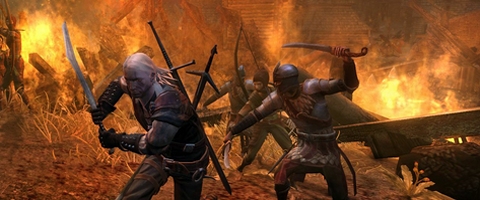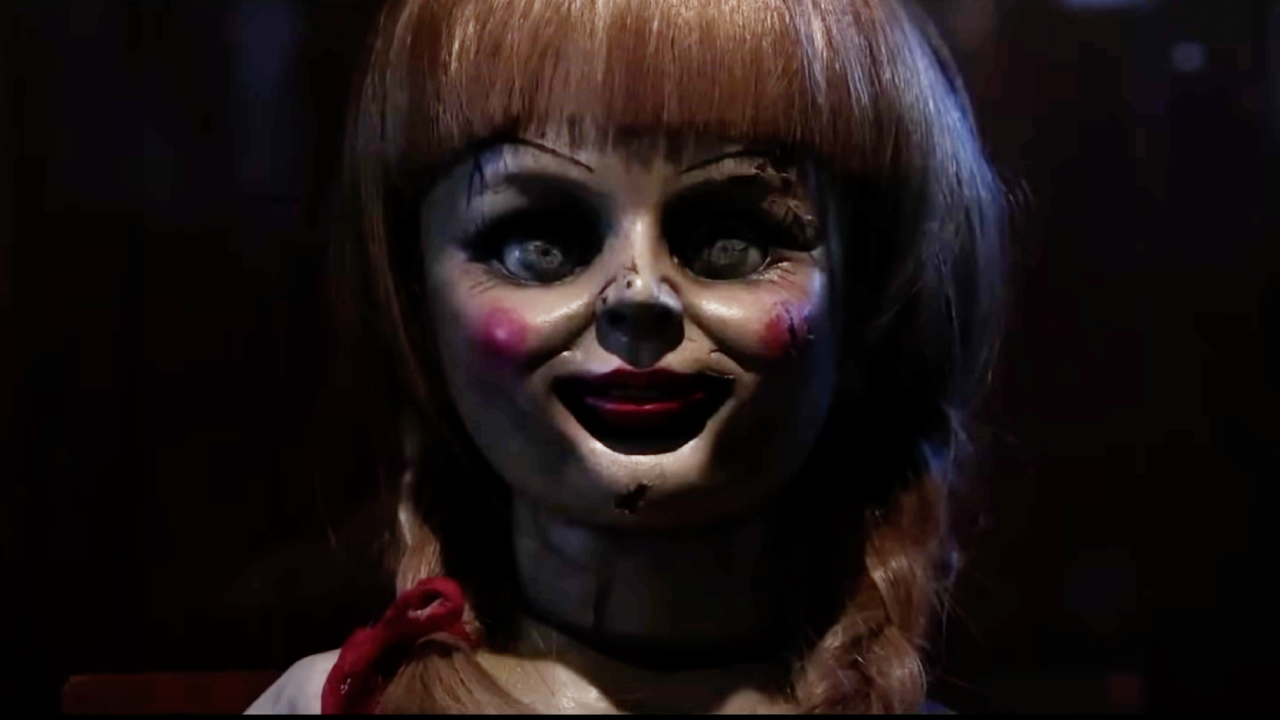Witcher 2 DRM-Free Version Was Pirated Less Than SecuROM Version

A new interview with Good Old Games' managing director Guillaume Rambourg and CD Projekt CEO, Marcin Iwinski, break down the reasons why they've completely abandoned DRM or trying to placate investors by "fighting pirates".
Forbes, a growing champion of the people, has the interview up with both Rambourg and Iwinski. I don't want to copy and paste the whole thing but a lot of what both guys have to say about the issue of protecting IP rights and safeguarding licensed property is spot on, because ultimately they're saying that the more you try to fight it by restricting consumers, the worse it is on the person doing the fighting.
Rambourg states that...
We use no DRM and we never will. The fact that we have a download assistant has worried a few people because they’re afraid it’s the first step on the way to having an always-on client like some other distributors out there. We’ll never do that. Our download assistant has a very limited scope of information that it accesses.There’s no authentication server. There’s no functions to sweep through your memory or your storage device looking for other active programs or data. There’s no bloatware or privacy invasion. It just helps you download games at incredibly quick speeds.
Heh, there's an obvious dig in there about Origin, which has been proven to scan through your PC to check whether you're running a legal copy of the software, amongst other things.
The other interesting thing brought out in the interview is that when GOG offered The Witcher 2 without any DRM, they found out that it was ignored over the SecuROM, disc-based version of the game which appeared on torrents first and has been pirated more than 4 million times. That's right, the DRM-free version of The Witcher 2, which anyone could copy and paste onto another hard-drive with ease, was not pirated as quickly or as much as the disc-based, DRM version.
However, Iwinski has a hypothesis for why the disc-version of the game was pirated before the DRM-free version of The Witcher 2, saying...
My guess is, that releasing an unprotected game is not the real deal, you have to crack it to gain respect and be able to write, “cracked by XYZ.” How would “not cracked by XYZ, as there was nothing to crack” sound? A bit silly, wouldn’t it? The illegal scene is pretty much about the game and the glory: who will be the first to deliver the game, who is the best and smartest cracker.
That is true. You see this all the time on the torrent scene "...cracked by Reloaded" or "...cracked by XPG" or "...cracked by EtGamez". Usually it's a race between hackers to crack and upload (or in some cases, re-upload) a product, proving they were the first (or one of the first) to crack the software. It becomes a bit of an e-peen underground contest between hackers. DRM-free software doesn't really offer that kind of thrill, hence the reason why it's actually harder to find it on torrents than the cracked version.
Your Daily Blend of Entertainment News
This doesn't excuse piracy by a long shot. No company wants to see their product get stolen, but GOG and CD Projekt are taking a different approach to the situation. There will always be poor people trying to get products and goods they can't afford. There will always be douche bags who just like to pirate because they can. And then there are people who pirate a game to test it as a demo (which isn't a bad concept considering how badly optimized a lot of PC games are these days).
Ultimately, CD Projekt's CEO, Marcin Iwinski, has come to the realization that DRM just doesn't work. It's a waste of time and resources...
The technology which is supposed to protect games against illegal copying is cracked within hours of the release of every single game. So, that’s wasted money and development just to implement it. But that’s not the worst part. DRM, in most cases, requires users to enter serial numbers, validate his or her machine, and be connected to the Internet while they authenticate – and possibly even when they play the game they bought. Quite often the DRM slows the game down, as the wrapper around the executable file is constantly checking if the game is being legally used or not. That is a lot the legal users have to put up with, while the illegal users who downloaded the pirated version have a clean–and way more functional!–game.
In the end, Iwinski doesn't see much of a future for DRM. It's a little hard to tell right now because we've just come off what could be considered a huge success for Blizzard's Diablo III, which has probably the worst kind of DRM imaginable: you can only lease the game from them and play it when they allow you to.
Rock, Paper, Shotgun has been encouraging readers, gamers and consumers to keep the pressure on Blizzard so that this does not boil over and become a newfound problem for the industry at large.
It seems to be a battle right now between smaller companies and gamers trying to fight to preserve the integrity and qualities of the gaming industry, while larger companies aim to feed on the uninformed casuals to expand and grow industry threatening practices that would only spell disaster in the long run.
You can check out the entire interview with Iwinski and Rambourg over at Forbes.
Staff Writer at CinemaBlend.

